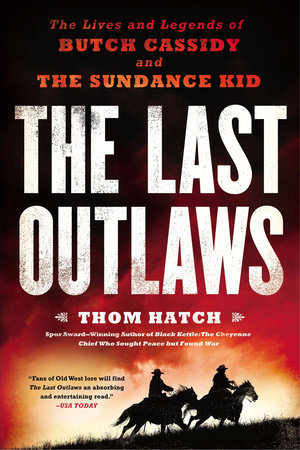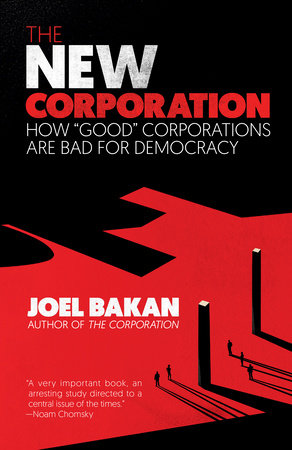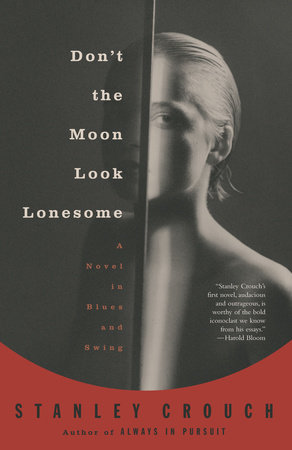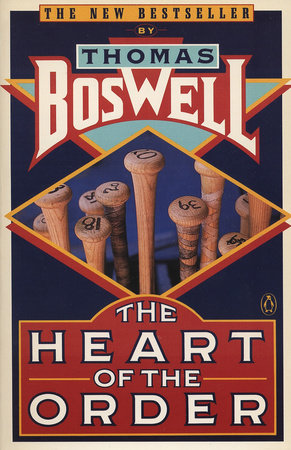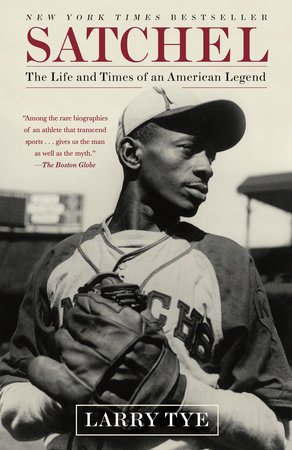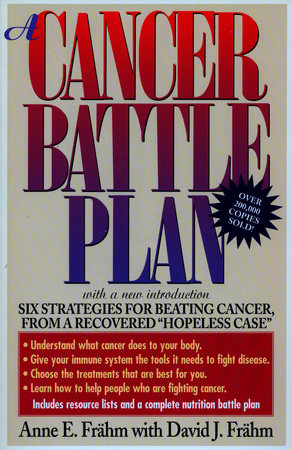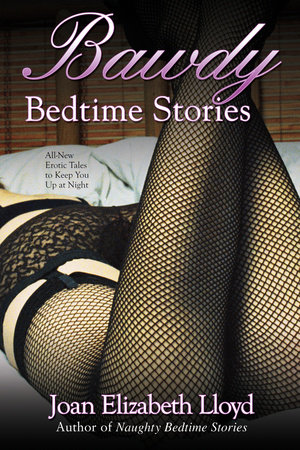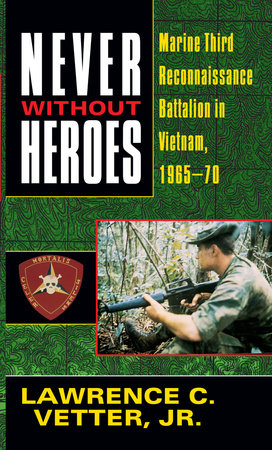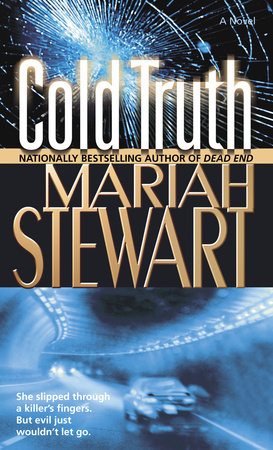Author Q&A
A Conversation with Naeem Murr about The Perfect Man
RC: Your three novels are very different in terms of place, structure, even style. Your first, The Boy, set in a derelict and labyrinthine London, is lyrical and psychological. Your second, The Genius of the Sea, ranges from Thailand to South America, with elements of magic realism and a stories-within-stories structure. And now The Perfect Man, taking place, for the most part, in the small 1950s river town of Pisgah, Missouri, and bringing to life a vivid community bound by long-held secrets. Are there elements that are common to all of your books?
NM: A number of things, but perhaps most significantly those long-held secrets you mentioned. As a child my imagination was provoked by what I was not told; by the silence, particularly with respect to the pasts of adults who were important to me: my mother, who never spoke about her clearly troubled past; and my father, who died when I was a baby and existed only as a black and white photograph in my room.
I think for children, adults, particularly parents, stand between them and the world before they were born, as well as the world beyond childhood. The more secretive and mysterious that adult is, the more imaginative the child is forced to be about what once existed and what lies ahead. I can’t help but see the writing of fiction, at least in part, as my reaction to this silence.
RC: Why 1950s Missouri?
NM: I loved Missouri, where I lived for a number of years; near the river itself, in fact, which is beautiful, flowing between high bluffs and the eerie landscape of the flood plains. It’s a very green, wet, and fecund place, which I found extremely evocative. Spending time in a particular landscape slowly separates me from other places I’ve known, from my past, myself; and the less I’m cluttered with myself, the freer I am to imagine. And what I imagined was the people for whom this place was home.
What also drew me is that Missouri is right at the heart of America, arguably between North and South, certainly between East and West, which makes it fitting that it was once the bed of a sea that split this continent. The rocks are full of fossils. There are large Amish communities, which take you back centuries, and, of course, many old farming towns, most falling into dereliction. So I experienced a vivid sense of past in a place that was alien to me, which was like that first, provocative silence I talked about. For me place provokes character–an element that comes out of that world but also resists it. When these characters become vivid enough, cross a certain threshold, they begin to tell their own stories. In Missouri, the first character that came to me was Ruth, followed by Annie, Raj, and Lewis.
RC: At that stage are you simply holding the rudder as the author?
NM: In a way. But as the writer you are also–to extend your metaphor–the one who has to design and build the ship. What you bring to bear, of course, is craft, which you hope to apply well enough that no one will notice. You want a novel that moves well, carrying its weight elegantly. You need to establish a structure that enhances both meaning and motion. And to decide how to tell this story: what to reveal and when; which characters to enter and which to remain outside of. One of the most important decisions for me concerned Rajiv. To express his character, with its elusive, provocative, and touchstone qualities, I felt he had to be at once central and peripheral. So I decided to begin the book focused on him, but then to have it open out into the life of the town, and never to actually enter his perspective directly until the end.
RC: What other important structural/narrative choices did you make?
NM: Well, there’s a group of men in the town who play a big part in the novel. I kept them almost invariably together, as if they were a kind of single organism. Of course there are psychological reasons for this–people behave in groups in ways they would never imagine behaving alone. But with respect to the structure of the book, this is also because they inhabit a number of scenes that occur many years before the present time of the novel. To reduce the disruption and potential confusion of these shifts in time, I wanted to have these chapters feel very different from the rest of the book. So I tried to establish a unique group dynamic in scenes that all take place in darkness, in woods, among ruin, giving them a shared atmosphere.
RC: You once commented that “the only thing a fiction writer needs in order to convey all human conflict and triumph is a few people meeting in the same place.” Can you explain what you meant by this?
NM: Sure. I was really talking about character–which is at the heart of all good fiction. I think the reason all true fiction writers are more obsessed with character than any number of ideas is that no matter how great an idea–religious, political, or otherwise–it’s condemned to find its ultimate expression through individuals. Through character. Compare the town’s minister, with his conventional Christianity, to Lewis, struggling to invent his own system of belief. Who is more admirable? But this is not the fault of Christianity, which is about love and compassion. I’m not sure any idea, however powerful, could leaven, in any way, the petty vanity of that man’s character.
RC: Let’s get back for a moment to the connections between this story and your own experiences. Aren’t there certain parallels–for example between your own strong, secretive mother and Ruth? Or Raj’s absent father and your own?
NM: Ruth is certainly strong and secretive, but her character is very different from that of my mother, who is extremely gregarious and charming. Raj’s father is absent, but is still alive, and ultimately comes to be somewhat malevolently present in his absence. But to say that this world is utterly disconnected from my own experience would be false. Any fiction is, to some extent, an imaginative recasting of the author’s experience. Of course I was not brought up in a small town in Missouri during the 1950s; my childhood landscape was urban London. However, I did grow up in a huge apartment block full of poor immigrant families–Irish, Spanish, Indian, Greek, West Indian, Italian, Middle Eastern. In many ways, this was just like a small town (or like the world of the small town I create in Pisgah), a self-contained community, slightly incestuous and porous, with the dozens of children who played together leaking to each other, in their naïve ways, the secrets of their families. We were in and out of each other’s homes, seeing, hearing, and learning much more of the mysteries of adult life than any of those adults could ever imagine. Though I didn’t have a father, I didn’t envy any child his or her father in that place: these men, often oppressive, violent, or simply absurd, took the air out of their homes. We also lived near Richmond Park, a huge city park where you could almost imagine yourself in the countryside. This was both a place of fear, since we were beaten up by older boys a number of times, but also of freedom and beauty where we spent our summers climbing trees, jumping ditches, and running through herds of deer. There’s no doubt that you can see much of this reconstituted in the novel. But to make such comparisons can also too narrowly define a work of fiction, which should be a world of its own, as new and compelling for the writer as it is for the reader.
RC: Is this a coming-of-age novel?
NM: In some ways, sure, at least as far as Annie and Raj are concerned. But what exactly does “coming of age” mean? Most of the adults in the novel, such as Ruth, are struggling just as profoundly to “become” something. These children are born into a world where there is no clear example of what to be or how to get there, but this crisis afflicts everyone in this world except those who have become less than human.
Here the novel may reveal some contemporary anxiety. We live in a culture that increasingly devalues adulthood. People are being allowed, encouraged, and conditioned to think and feel in less than adult ways. We are deluged with fantasy, and many adults are turning to narratives whose sole function is to comfort and empower. Either this or they are putting their faith in the so-called “literal” truth, as reflected in the popularity of non-fiction and the increasingly literal readings and interpretations of religious texts. Adulthood is being equated with unimaginativeness, as if childhood is the only realm of the imagination. Is it any wonder that we now find ourselves in a world dangerously polarized between fantasy and fundamentalism?
RC: Does this mean you feel pessimistic? Certainly The Perfect Man doesn’t seem pessimistic. For all the tragedy there is also a great deal of wonderful humor, the development of a profound love, a good number of deeply sympathetic characters, and the ending seemed very optimistic–though, of course, in a way that is not unequivocal.
NM: There are really two endings to the novel. The penultimate chapter ends the drama focused on the collective world of that small town and the mystery of what happened to the child who died some years before Raj’s arrival. Here this secret finally erupts, as suppressed truth tends to, in a distorted and destructive way, implicating every member of the community. The last chapter focuses on Raj more specifically, the man he has become, and a critical decision he has to make. With regard to pessimism, I don’t feel pessimistic. Beneath all tragedy and horror lies the miraculous fact of human existence. I also think that pessimism simply can’t be afforded at this juncture. We are in a very treacherous place, given what is going on in the world, and the void of imagination and compassion that is leading to such seemingly intractable polarization.
RC: The Times Literary Supplement compared you to Faulkner, praising you for “recreating an entire world with a full spectrum of human emotions” as Faulkner did with Yoknapatawpha County in Mississippi. The review goes on say that “it does not matter whether the story is told in Pisgah, or in New York: the story of growing up, loving, losing, hating and yearning is the same everywhere.” Were you surprised by this claim that The Perfect Man is a universal story?
NM: I don’t think a writer can, or should, ever set out to write a universal story. I do think that I was at a point as a writer where I felt ready, in terms of my understanding of the art and craft of fiction, the architecture of the novel, to write a book with the scope of The Perfect Man–many characters, interweaving plot lines, large group scenes, and so on. But that wasn’t the reason to write this. The reason was Annie, with her one bare foot and Romanesque face, Lewis, with his doomed innocence, Ruth’s angry regret, Raj’s extreme sensitivity and elusive humor, Nora’s bravery. In the end, as I said before, it always comes down to the individual, character. The only way a work of fiction can become universal is if the writer focuses single-mindedly on particular characters in their very specific circumstances. For me, as I think for all pure fiction writers, the magic and power of fiction is in its central paradox: by telling, as objectively, honestly, specifically, and skillfully as you can the story of one person, you tell, at some level, the story of us all.



